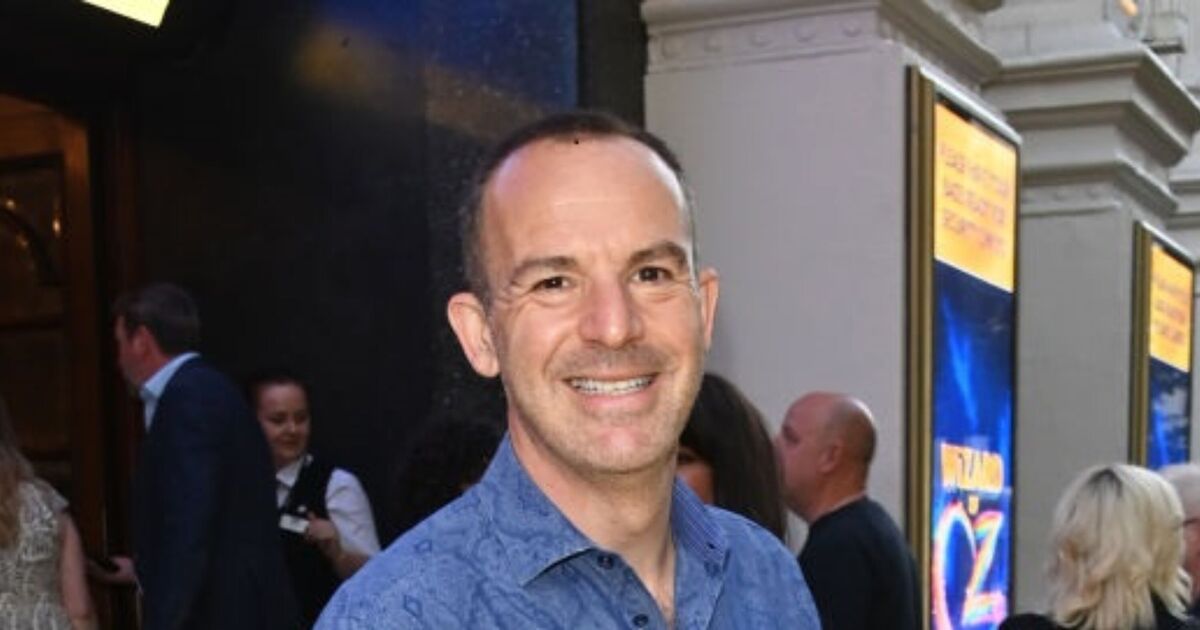

Martin Lewis, the nation's favourite Money Saving Expert, has issued a sun-scorched warning to Brits planning to soak up the summer sun. In his recent podcast, Martin Lewis dished out a valuable nugget of advice for those prepping their suitcases with travel essentials.
"Just a quick tip on sunscreen. When you get your sunscreen, turn the bottle around because on the back you'll see a POA number," announced Lewis, as he highlighted a common oversight among holidaymakers. Contrary to what many believe, sun cream doesn't last forever – it has an expiration date, and using an out-of-date product could leave you vulnerable to the sun's harmful rays. The financial guru reminded listeners that sunscreen is crucial for protecting against the destructive UV radiation that can cause skin cell damage, ageing, eye harm, and increase the risk of cancer and immune suppression.
As Brits gear up for their holidays, Martin Lewis emphasised the importance of checking sun lotion bottles to ensure they are still effective and safe to use. POA stands for 'period after opening' and is typically 12 or 24 months.
"[When you open the bottle] Put a little note of the date, write that onto the sunscreen and you'll know if you try to use it in a year's time whether it's still valid or not," Martin advised, reports MirrorOnline.
Like most cosmetics, the ingredients in sunscreen degrade over time and become less effective once they do.
Ron Robinson, cosmetic chemist and CEO of BeautyStat, told Vogue that most sun creams are formulated to last up to three years if unopened and stored in a cool, dry environment that is not in direct sunlight.
Generally speaking, powdered sunscreen contains minerals that are more stable and longer-lasting, while liquid formulas will be less stable.
According to Ron you might get lucky - some sunscreens can last longer than others. If the bottle is stored in a cool, dry place and shows no visible signs of degradation, it may still offer some protection.
However, it is always best to use products that are within date.